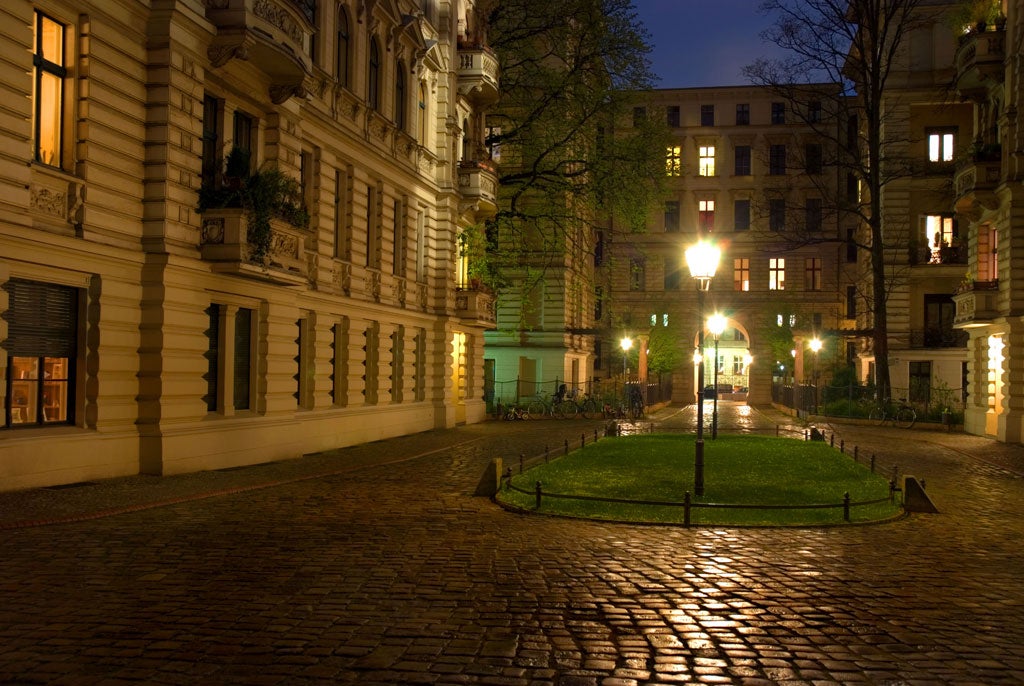My Mother's Lover, By Urs Widmer, trans. Donal McLaughlin<br />The Shadow-Boxing Woman, By Inka Parei, trans. Katy Derbyshire<br />Summer Resort, By Esther Kinsky, trans. Martin Chalmers

When looking for an excellent translation of a work of fiction from Switzerland or Germany, a volume of philosophy from France, or narratives from the languages of the African continent, do your thoughts turn to Kolkata? Perhaps they should. Long regarded as a city of literature and learning, the metropolis by the Hooghly has another string to its erudite bow, still too well-kept a secret in Britain: Seagull Books.
Its European Lists are part of a publishing venture started by a man with a passion for theatre in 1982. Naveen Kishore, whose family came from Lahore during the Partition of India, saw a niche for books on theatre, cinema and the fine arts.
In 2005, by then owner of a bookstore, he recognised another gap in the market. Resisting presumptions that new voices in European literature may only be introduced in English via London or New York, aware of first-rate writers being overlooked, he questioned this narrow definition of globalisation: "We want our books to originate and resonate through the world as a complete entity – designed and edited by us in Kolkata, printed as we want, where we want, on the kind of paper we want." The results are impressive. Beautifully crafted, each book is evidence also of Kishore's trust in his advisors the respective languages. These examples from the German bring to life three works of charm and wisdom, Berlin grit and elegant lyricism, respectively.
Urs Widmer, one of the living greats of Swiss literature, based My Mother's Lover on a real-life affair. Set against a backdrop of the footloose 1920s, the Depression, the Second World War and its changing fortunes for citizens of a neutral Switzerland, and the effects of Italian fascism on a Piedmont wine-producing family, its deceptively simple narrative explores the destructive nature of yearning for what, or whom, one cannot have, and the cruelty of carelessness. Musical references, grand gestures, and eccentric characters abound.
The pathos of mother Clara's situation, her love for the renowned conductor Edwin, is portrayed with a lightness of touch and fairy-tale quality that enchants, but does not detract from the pain of unrequited love nor the absurdities and horrors of war. There is whimsy in the description of Edwin's Zurich-based Young Orchestra.
Clara, its manager, is still a young lady of means. In Paris, after a concert attended by Ravel, we read of "thirty sleeping musicians, their dreams all in major". Clara's obsession grows even as the maestro marries into wealth: "Every fibre in my mother's body called 'Edwin'. Soon all the birds were singing 'Edwin' ... The wind whispered it, the sun burned it into her skin." Donal McLaughlin's translation delivers all the charm, sweet sorrow and gentle humour of the original.
No stranger to dark urban literature (see Clemens Meyer's All the Lights), Katy Derbyshire tackles Inka Parei's fragmented novel of lost souls in 1990s Berlin with aplomb. The Shadow-Boxing Woman depicts a city that hardly exists now, a no-man's land of derelict tenements, scrubland around train stations, existences drifting between morning bread-rolls and night-time cold. The protagonist is at rock bottom. With her "orphan's benefit" as income, life sometimes stretches "only to the edges of the mattress."
One day, venturing out, she is the victim of an attack. This, together with a chance meeting with Frau Wang, a teacher of martial arts, triggers change. She embraces the discipline of Wang's studio, becomes adept at self-defence, and opens up to friendship – with an amateur bank robber. The sparse language befits the bleakness, its symbolism, however, nods to the resilience of the Berlin spirit, and hope glimmers: "Between weed-green blocks of stone, it has pushed its way out of a crack, a knotty, crooked maple that never sees the sky but still survives, a tough creature. Living on..."
For beauty of language and evocation of place, Esther Kinsky is hard to beat in Martin Chalmers's pitch-perfect translation. Summer Resort is the first of two works to emerge from her time spent in the Banat, a near-forgotten corner of Hungary, bordering Romania and Serbia. The way of life is directed by the climate of the vast Hungarian plain. Work is seasonal: melon harvesting, sugar beet and onion crops, reconstruction of buildings after the intensely cold winters, communities on the move, the "beautiful ladies" following their clients, music migrating too. Those from the villages and towns gather each year at the Üdülõ, the summer resort by the river. In heat that becomes the stuff of legends, it is the "year when the river was too low even to lick the bushes on the bank ... across which the wind blew the grey skins of snakes".
Into this the New Woman steps, a stranger, the narrative often from her perspective. Through her eyes the reader experiences this unfamiliar and compelling world, one that feels transitory, chronicled before it disappears.
Not a plot-driven novel, Summer Resort's pleasures lie in the character sketches, the descriptive passages of landscape and scrapyards, mourning peacocks and the lamentable lot of stray dogs, with the river and the fragile brushwood characters, too. A love story runs through it, but stronger still the refrain of a Hungarian folk song: "Don't hasten to a strange land".
Subscribe to Independent Premium to bookmark this article
Want to bookmark your favourite articles and stories to read or reference later? Start your Independent Premium subscription today.

Join our commenting forum
Join thought-provoking conversations, follow other Independent readers and see their replies